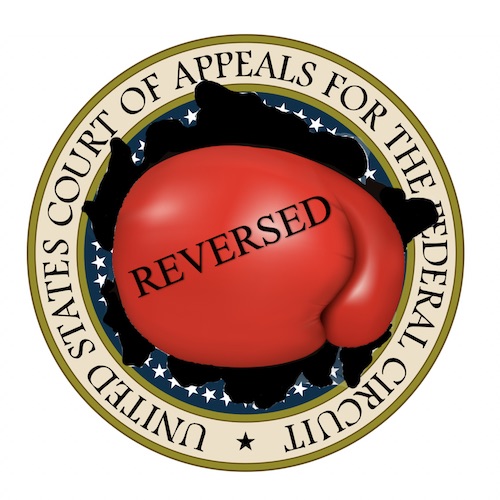What Is a Beneficiary Defective Inheritance Trust?
Anyone who owns and operates a small business knows how hard it is to keep a business running and showing a profit year after year. If you own a small business that you intend to pass down to the next generation upon your death, incapacity, or retirement, business succession planning is crucial to ensure a smooth transition. An Indianapolis attorney at Frank & Kraft explains how a Beneficiary Defective Inheritance Trust (BDIT) might be able to help with your business succession plan.
Can’t I Just Make a Direct Transfer?
You may plan to pass down your personal assets directly to beneficiaries in your estate plan; however, passing down your business directly to the next generation can be problematic for several reasons, including:
- Creditors. Creditors of your estate might have a claim on the business, and it could be at risk due to your children’s debts after the transfer.
- Estate taxes. The entire value of the business becomes subject to federal (and potentially state) gift and estate taxes at a rate of 40 percent.
- In-laws. Future sons or daughters-in-law could end up with ownership in the business in the event of a divorce.
What Is a Beneficiary Defective Inheritance Trust (BDIT)?
A Beneficiary Defective Inheritance Trust, or BDIT, is a specialized form of an irrevocable trust established by a nominal Grantor who initially funds the trust with cash or property but relinquishes control over it. The trust’s provisions ensure that the assets held within the trust are not considered the property of the Grantor or the beneficiary, aiding in tax avoidance. Typically, a professional Trustee is appointed to administer the trust. The trust agreement grants the beneficiary the right to withdraw trust funds for a brief period (typically 30-60 days) after the trust’s creation. For the BDIT to work as intended, the beneficiary should not exercise this right, though it must be included in the trust agreement.
A trust’s beneficiary is deemed the owner, for federal income tax purposes, of any portion of the trust they can independently vest in themselves. By giving the beneficiary the right to withdraw funds, the beneficiary becomes the Grantor for federal tax purposes, even if they do not exercise this right. The beneficiary can then sell business assets to the trust in exchange for a promissory note with an interest rate equal to at least the Applicable Federal Rate (AFR). While the assets are expected to appreciate significantly in value, the value for tax purposes is locked in at the time of transfer plus the interest rate in the promissory note. Any increase in value beyond that amount benefits the trust, and it is not subject to estate taxes.
Although the beneficiary (seller of assets) is not the Trustee, they can serve as a manager or investment advisor, allowing them to retain a considerable degree of control over the trust assets’ destiny. Additionally, the trust agreement includes provisions allowing the beneficiary (and others, if applicable) to receive distributions and discretionary income from the trust. In addition to tax benefits, a BDIT also offers asset protection by shielding assets from divorce, creditors, and even bankruptcy. Finally, when structured correctly, assets transferred into a BDIT do not count against the beneficiary’s lifetime exemption limit since the transfers are not deemed “gratuitous.”
Benefits of Including a Beneficiary Defective Inheritance Trust in Your Plan
To understand why BDITs are a common additional to a business succession plan for small business owners, you need to understand the benefits of a BDIT which can be summed up as:
- Tax Planning. A BDIT helps minimize estate taxes by locking in the value of business assets at the time of transfer, potentially saving the business and beneficiaries from higher tax liabilities as the business appreciates in value.
- Asset Protection. The trust structure provides protection against creditors, divorce, and bankruptcy, helping to safeguard the business assets for the benefit of the designated beneficiaries.
- Control and Management. While relinquishing ownership, the business owner (now beneficiary) can still retain a significant level of control over the trust assets, acting as a manager or investment advisor.
- Flexibility. The trust agreement allows for distributions and discretionary income to the beneficiary and others, providing flexibility in managing financial aspects.
- Lifetime Exemption. Assets transferred into a BDIT may not count against the beneficiary’s lifetime exemption limit, as the transfers are structured as non-gratuitous, adding an extra layer of benefit in terms of wealth transfer.
Do You Have Questions about a Beneficiary Defective Inheritance Trust?
For more information, please join us for an upcoming FREE seminar. If you have additional questions about how a BDIT fits into your overall estate plan, contact an experienced Indianapolis trust attorney at Frank & Kraft by calling (317) 684-1100 to schedule an appointment.
Paul Kraft is Co-Founder and the senior Principal of Frank & Kraft, one of the leading law firms in Indiana in the area of estate planning as well as business and tax planning.
Mr. Kraft assists clients primarily in the areas of estate planning and administration, Medicaid planning, federal and state taxation, real estate and corporate law, bringing the added perspective of an accounting background to his work.
Latest posts by Paul A. Kraft, Estate Planning Attorney (see all)






